From June 15 to 20, 2025, a delegation from the Tajik State University of Commerce (TSUC) – including Vice-Rector for Science and International Relations, Associate Professor Jamshed Nematulloevich Mashokirov, Vice-Rector for Educational Affairs Gulnora Toirovna Hisorieva, Head of the Academic Affairs Department Zafar Mahmadulloev, and Head of the Information and Public Relations Department Mukhitdin Hamitov – took part in the final seminar of the German Society for International Cooperation (GIZ) project. The event was hosted by D. Serikbayev East Kazakhstan Technical University in the city of Ust-Kamenogorsk.
The seminar aimed to introduce the opportunities of the Horizon Europe programme and other key EU-funded initiatives for Central Asian countries, particularly Kazakhstan and Tajikistan. The TSUC delegation actively participated in all five days of sessions, which covered the following themes:
- Day 1 (June 16): Introduction to Horizon Europe, support mechanisms, eligibility of regional institutions, and pathways to join EU academic and research consortia.
- Day 2 (June 17): Health-related topics, including the “Health” cluster of Horizon Europe, innovative materials for medicine, non-communicable diseases, and cooperation opportunities with EU medical institutions.
- Day 3 (June 18): Industry and strategic partnerships – Kazakhstan’s role as a strategic supplier of critical raw materials, and formation of academic-industrial consortia.
- Day 4 (June 19): Practical training on project application processes for Horizon Europe: structure, budgeting, evaluation criteria, and case study analysis.
- Day 5 (June 20): As part of the scientific agenda, the TSUC delegation held a meeting with Professor Amir Karton, a prominent chemist from the University of New England (UNE), Australia.
The meeting focused on the prospects of interuniversity cooperation, development of chemical databases for AI-based research, interdisciplinary collaboration, and the integration of modern technologies in economics, engineering, and natural sciences. The parties discussed joint project development under Horizon Europe, the Australian Research Council, and Erasmus+ Capacity Building programmes.
As a result of the meeting, both sides agreed to initiate student, postgraduate, and faculty exchanges starting in the 2025–2026 academic year. Professor Karton expressed readiness to coordinate the drafting of a formal cooperation agreement with UNE leadership and to facilitate its official submission. Plans were also discussed to organize a joint scientific seminar and to integrate TSUC into the global network of research laboratories in quantum chemistry and materials science.
In addition to the seminar, the TSUC delegation visited the Technopark of East Kazakhstan Technical University, where they explored advanced infrastructure, high-tech labs, innovation support centers, and student-led startups. Meetings with university and technopark leadership addressed collaboration on joint labs, student involvement in applied research, and capacity-building in science and innovation.
The parties reaffirmed their willingness to expand cooperation through forums, experience exchange, and the joint implementation of projects in international science and education.
The TSUC delegation returned with valuable knowledge and practical experience in international project development and scientific networking, which will be actively applied in strengthening the university’s international strategy, grant activity, and innovation potential.
Information and Public Relations Department
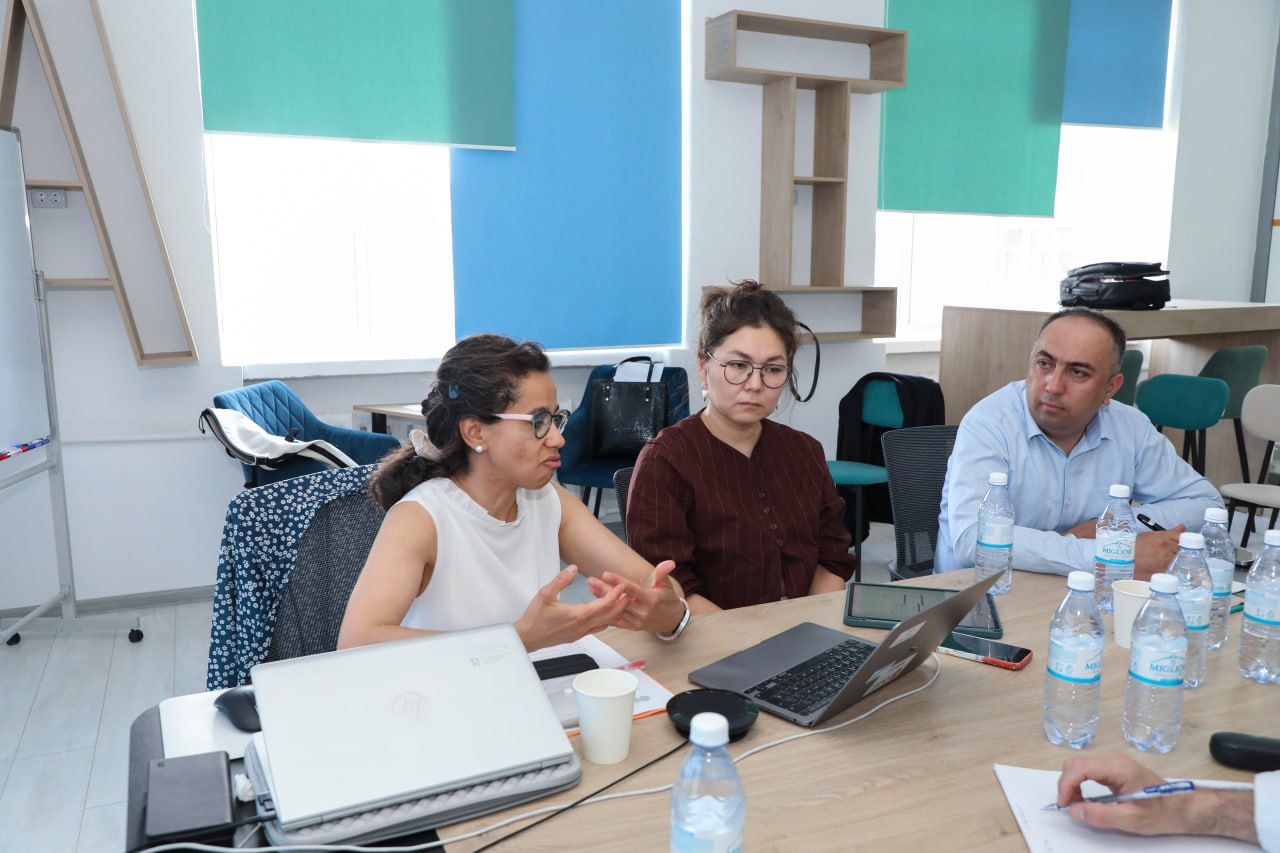
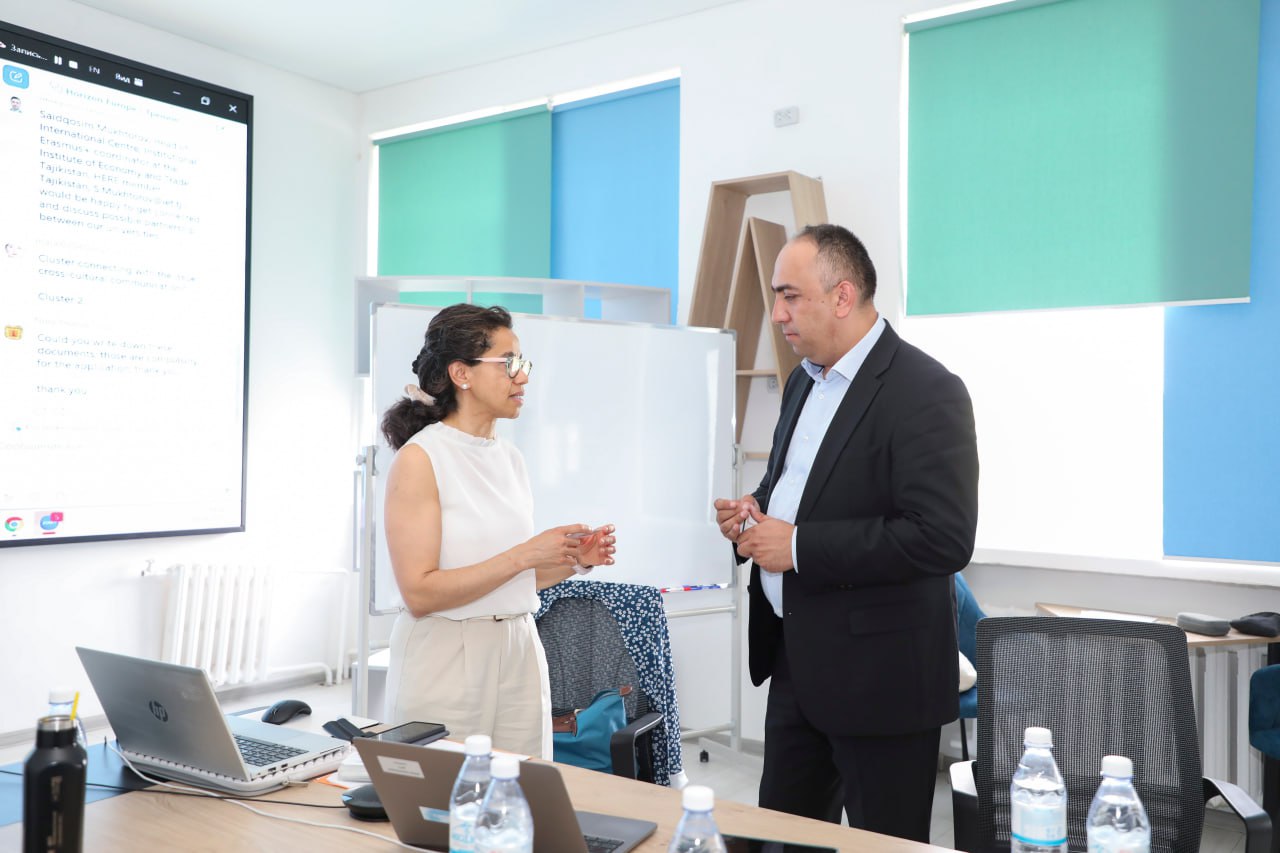
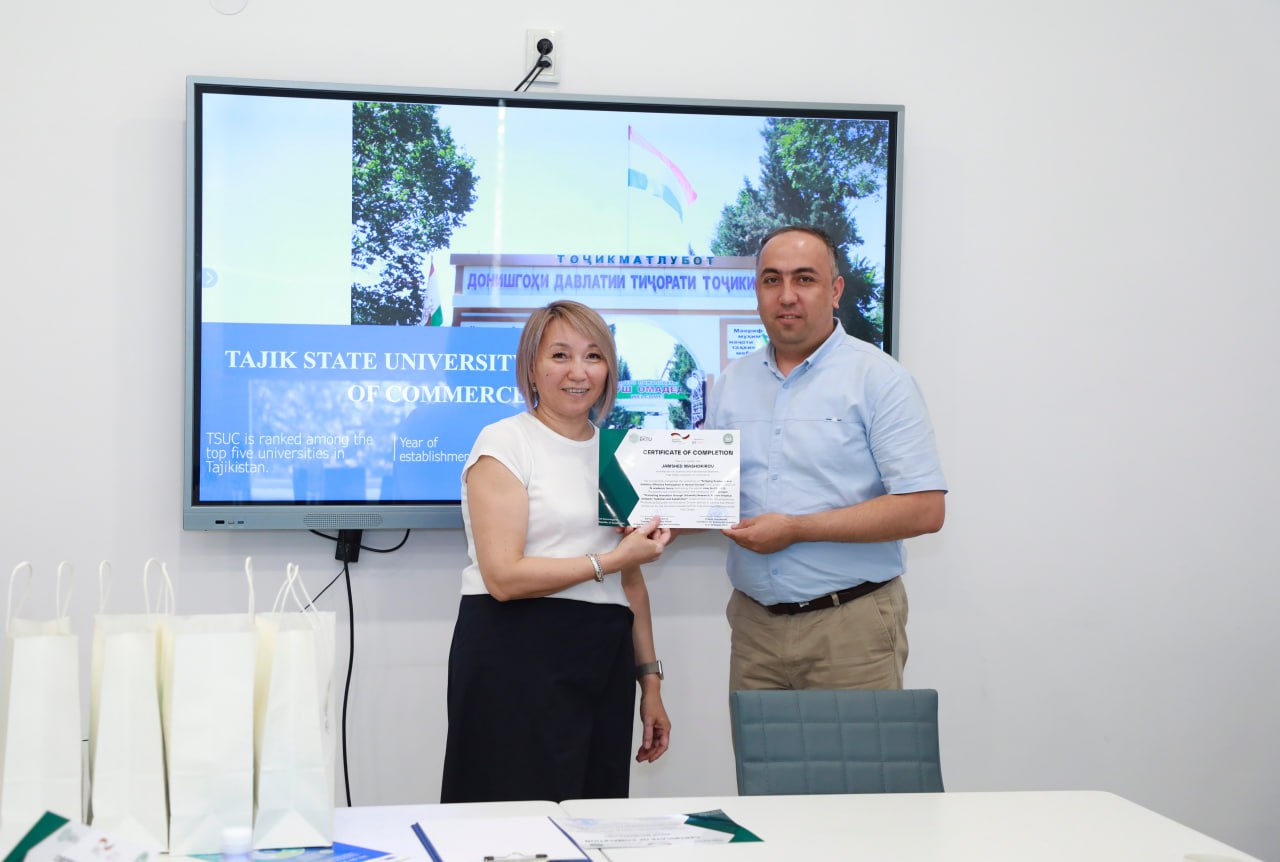
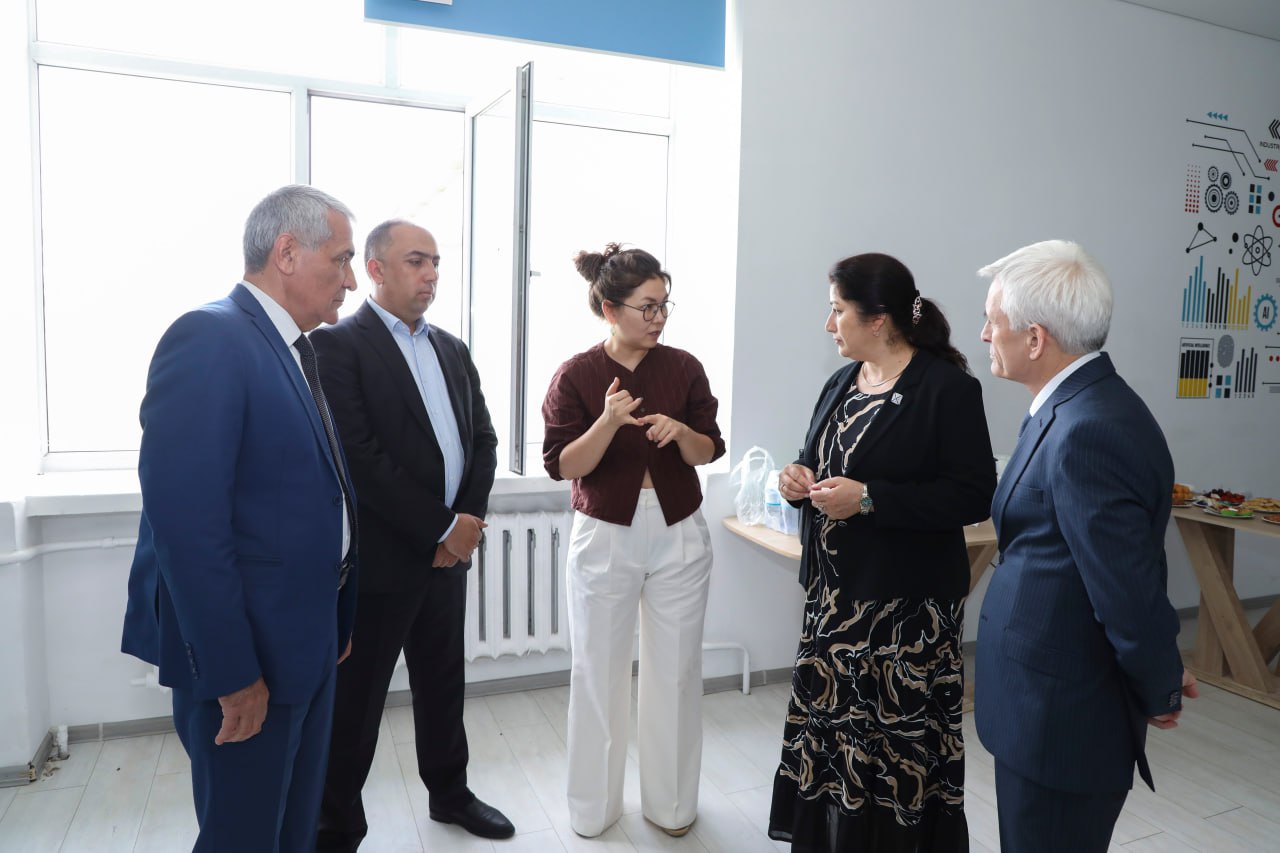
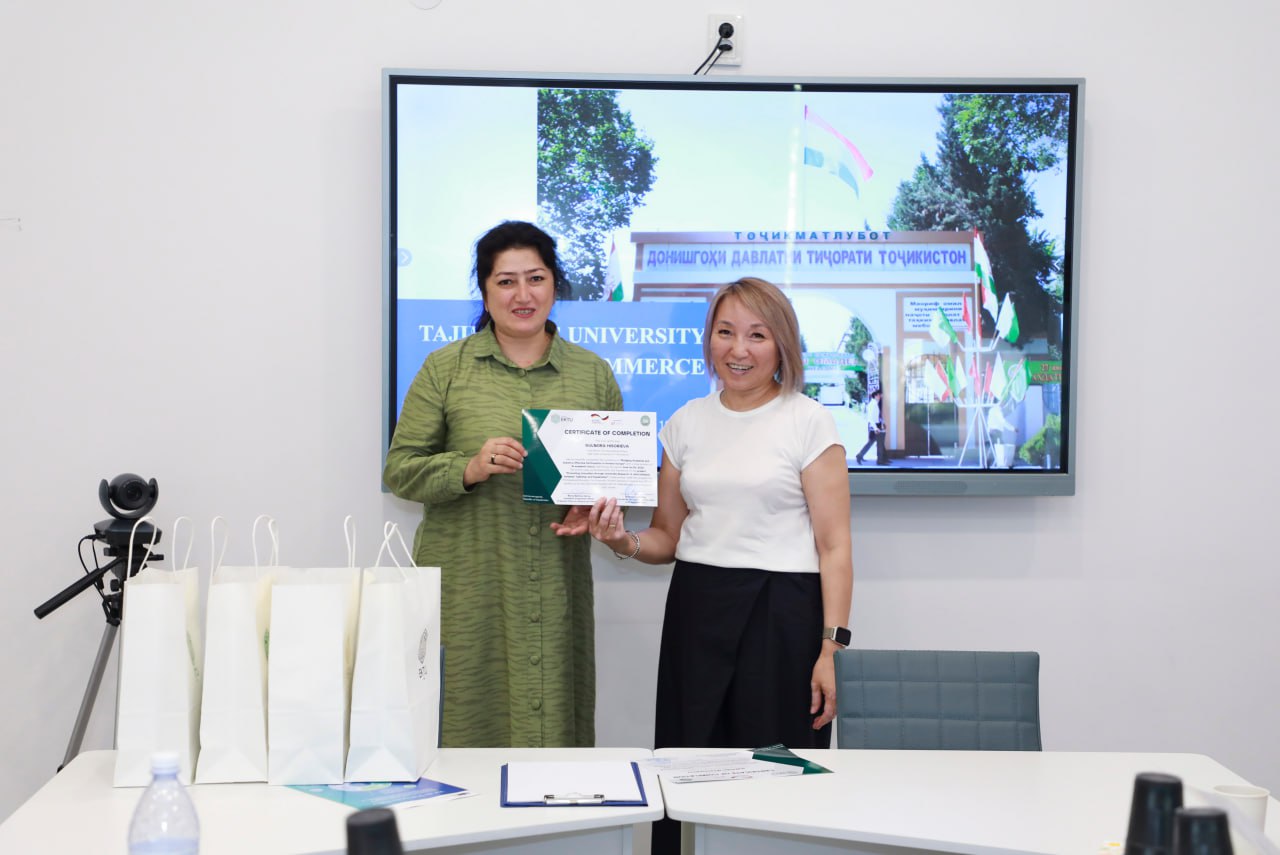
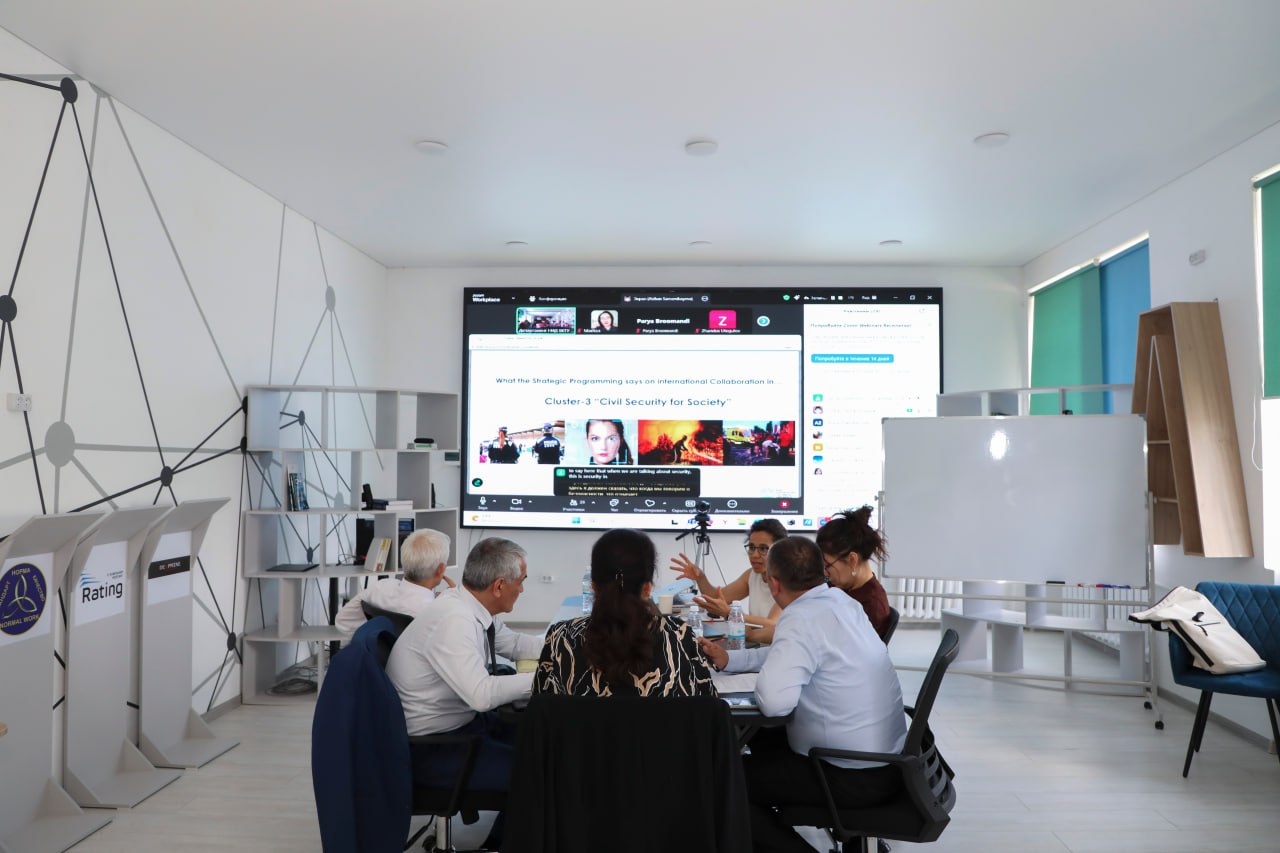
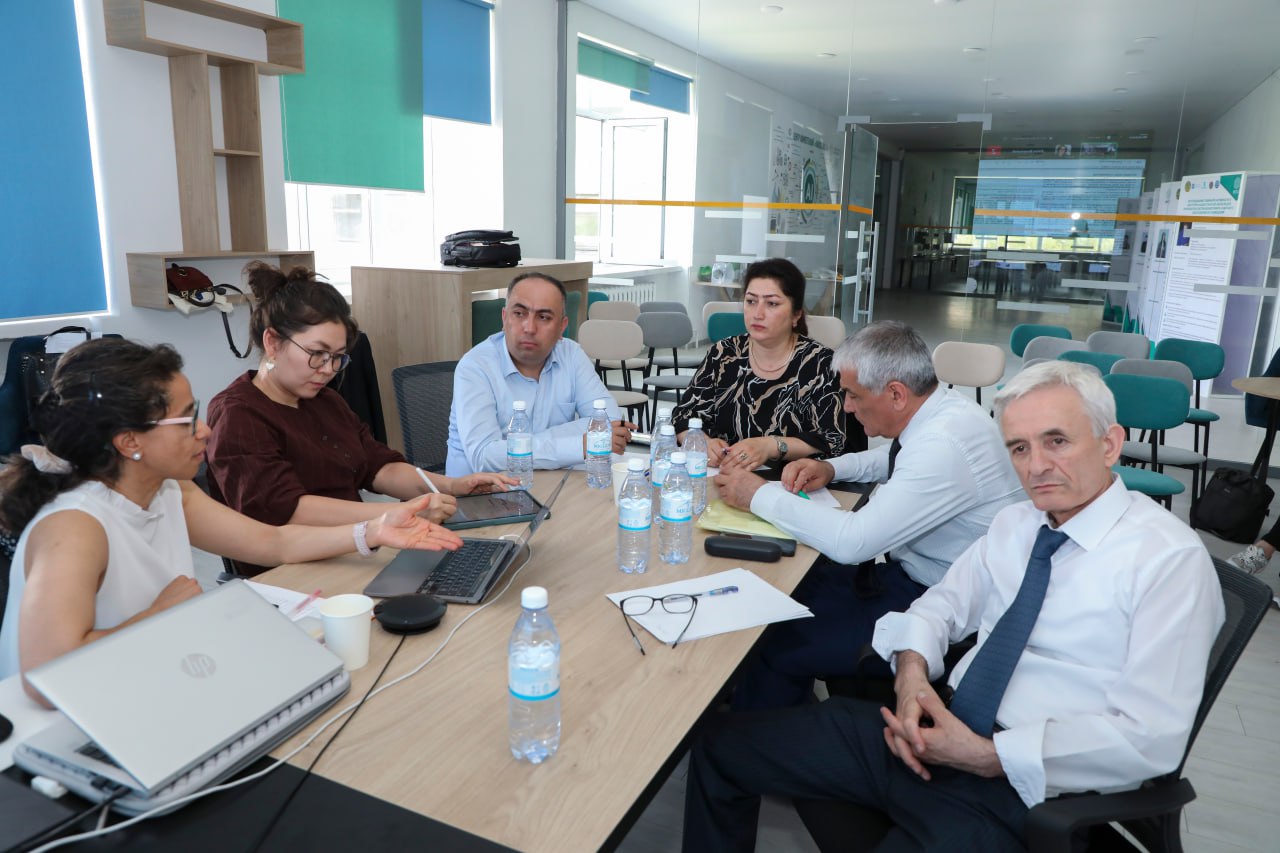
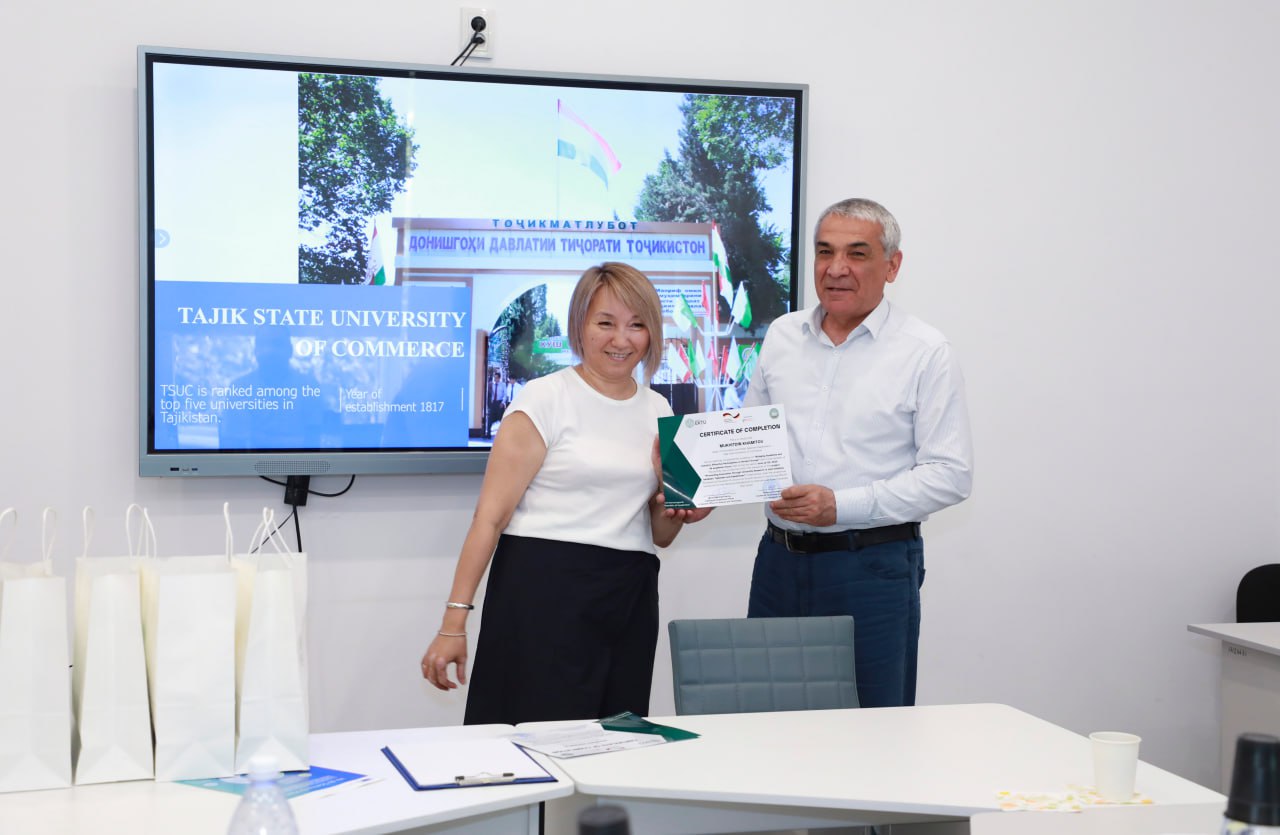
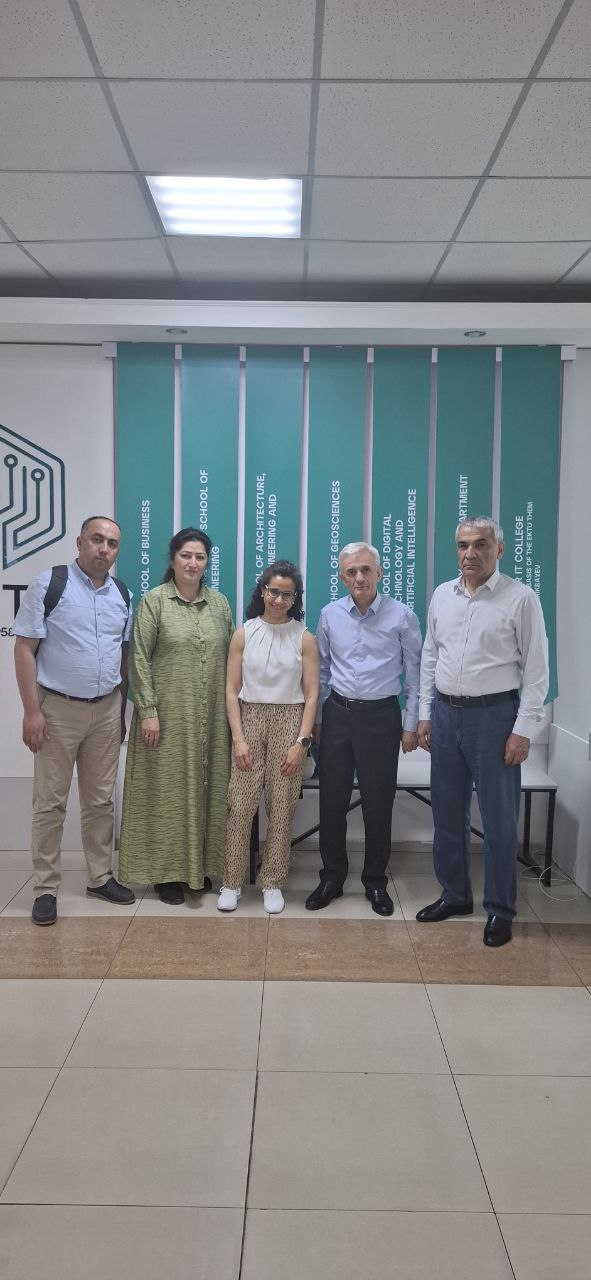
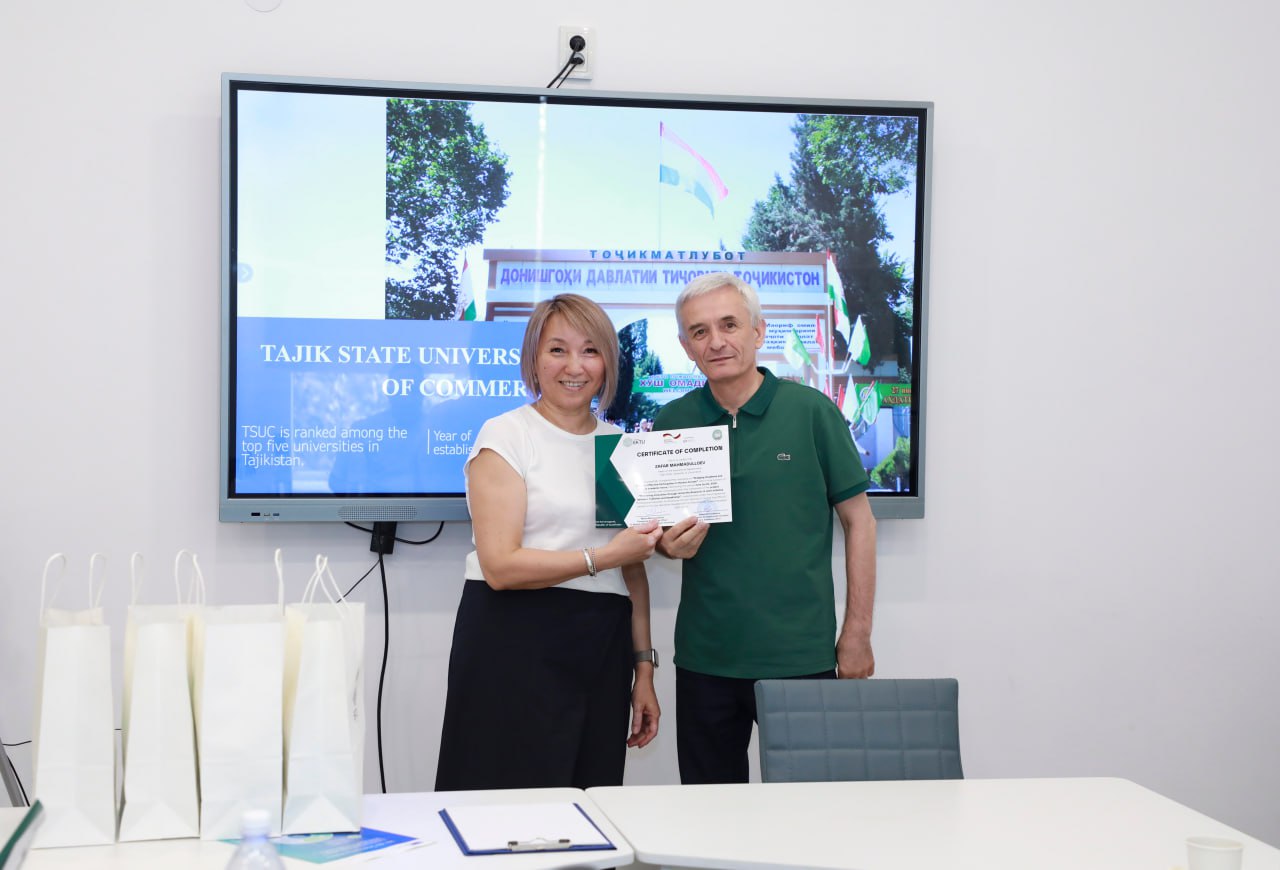
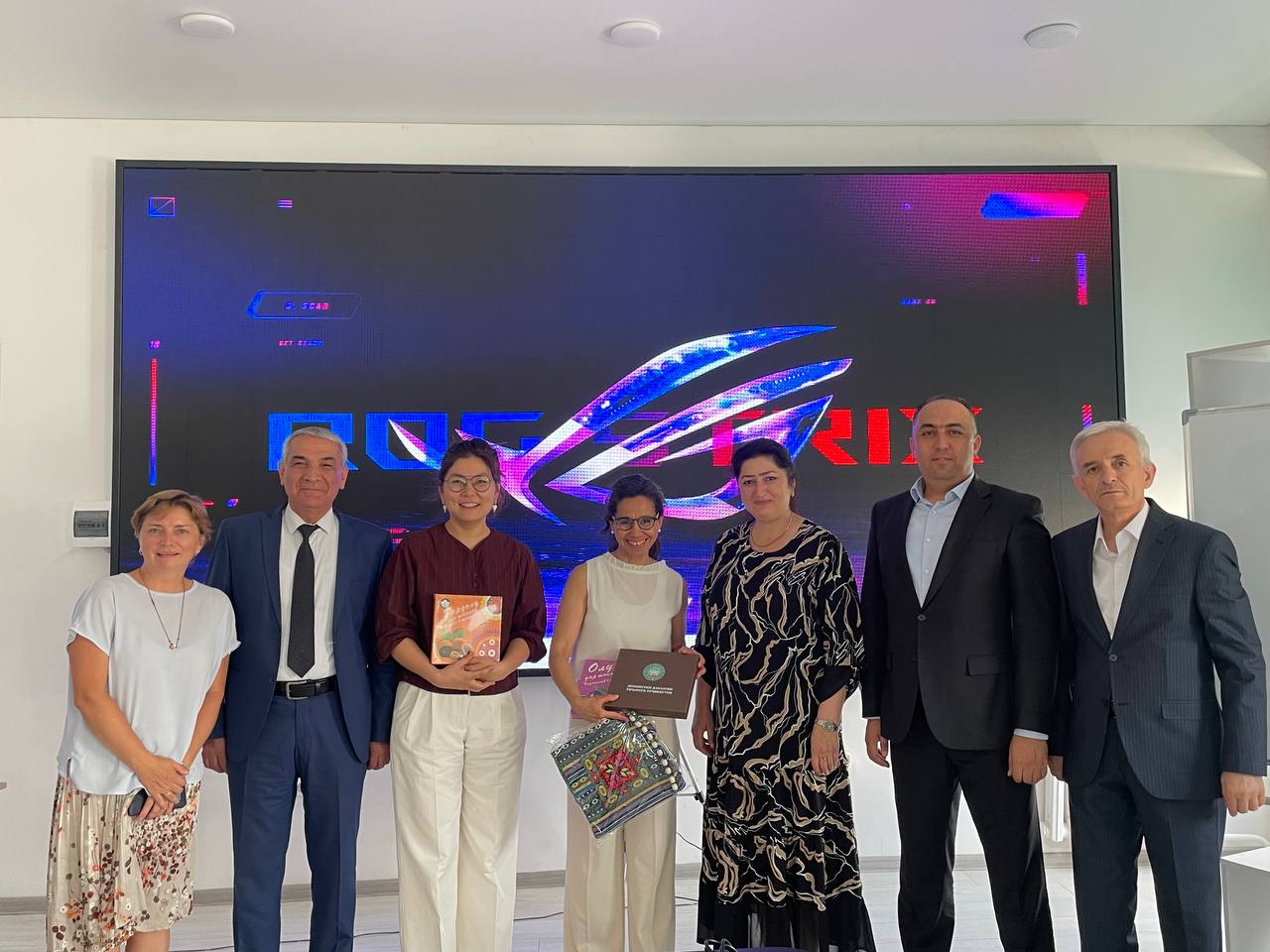

 English (UK)
English (UK)
 Тоҷикӣ
Тоҷикӣ  Русский
Русский 
